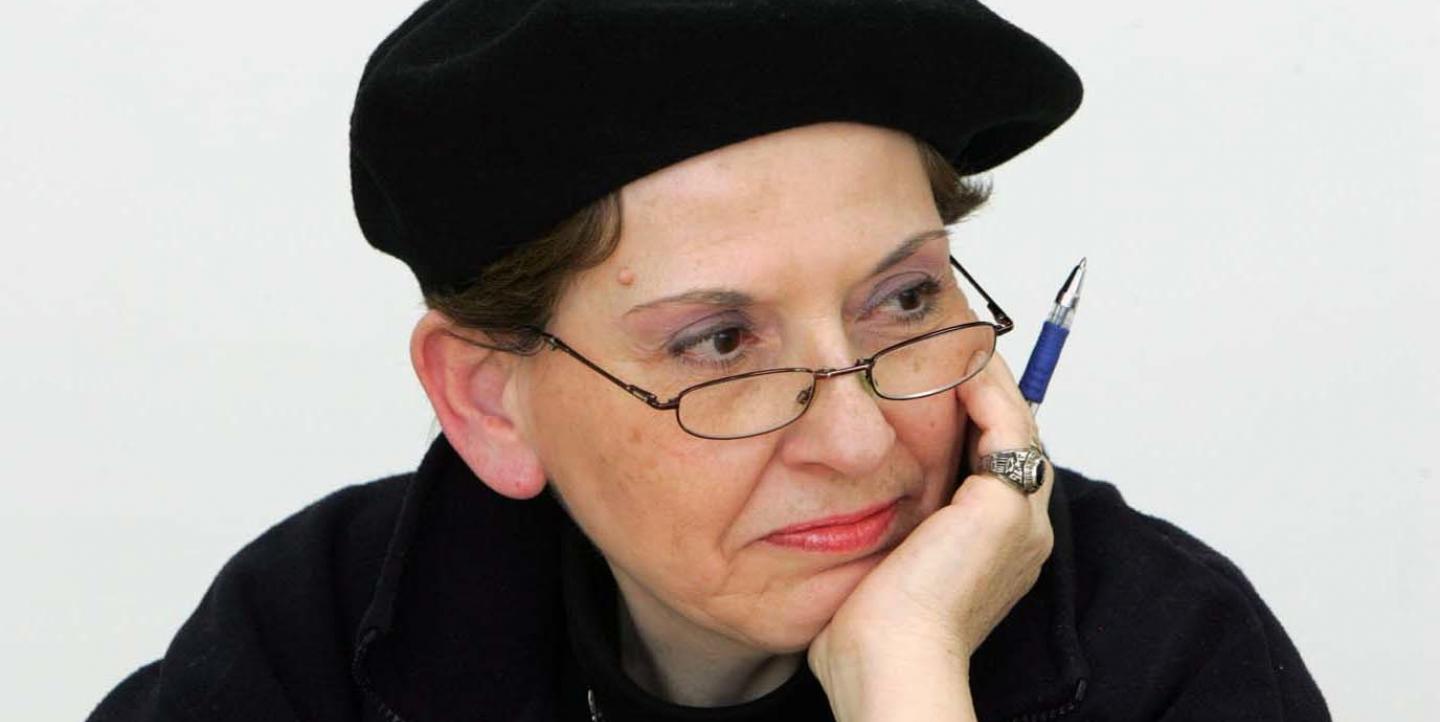With news media changing faster than you can tweet, Tumblr or post about it, how journalists can train for the future becomes a difficult question to answer.
IJNet asked Magda Abu-Fadil, a foreign correspondent and director of the Journalism Training Program at the American University of Beirut, for tips on training for the future.
Abu-Fadil is a journalist intimately familiar with both traditional and new media. She has worked for numerous international news organizations, including Agence France-Presse and United Press International. She is the director of the Journalism Training Program at the American University of Beirut and conducts training workshops in three languages.
But Abu-Fadil has also embraced new media, blogging for The Huffington Post since 2007 and shooting her own photos and video. She encourages journalists to keep up with the changing media landscape and is skeptical about the value of traditional journalism school.
IJNet: What is most appealing about being both a blogger and a traditional reporter?
Magda Abu-Fadil: I enjoyed being a reporter, foreign correspondent and editor with various international organizations, but blogging is a lot more fun and my work isn't edited. It's a freer environment. Mind you, since I'm trained as a journalist I still pay close attention to accuracy, sourcing, fairness and balance in my stories. The rules are the same but the tools are different.
IJNet: How do you feel about professional journalists switching to new media? How can bloggers get paid?
MAF: I'm not paid by The Huffington Post and I don't mind. I have a paying job. This is like a hobby. I could start a blog or website and work on monetizing it, but it requires more time and effort than I can afford now. As for professional journalists turning to blogging: it's a must. There's infinitely more exposure. I also believe in open source journalism.
IJNet: You recently attended the Arab Media Forum—what was your biggest takeaway?
MAF: The Arab Media Forum is a great place to catch up with old friends, meet people, network and become acquainted with the latest media trends in the Arab region.
This year's forum focused on the changes sweeping the Arab world, particularly where revolts have been taking place, so it was quite relevant and offered an opportunity to see how the media are dealing with coverage of these events. It shed light on media's travails in uncertain and dangerous zones. Hopefully, we'll have learned lessons on how to become better journalists and communicators.
IJNet: Is new media a threat to professional journalism?
MAF: No, I don't think social media and citizen journalism are threats if journalists embrace them fully and become multimedia reporters and editors. We have to deal with the 21st century. What I learned in college is antiquated. The ethics are the same, albeit with changes in the means of delivery, but the context is different. So we have to adapt.
IJNet: Is it still worth going to journalism school?
MAF: I don't know if it's worth all the money spent going to journalism school today since the landscape is changing so fast and we're in a race against time with all the new technology, but it's definitely worth investing in a degree since most employers still require it.
It's also important to invest in regular training to stay abreast of developments. As for job opportunities, university graduates will have to remain flexible and learn to retool fast, depending on market needs. Priorities have changed, so one must go with the flow.

